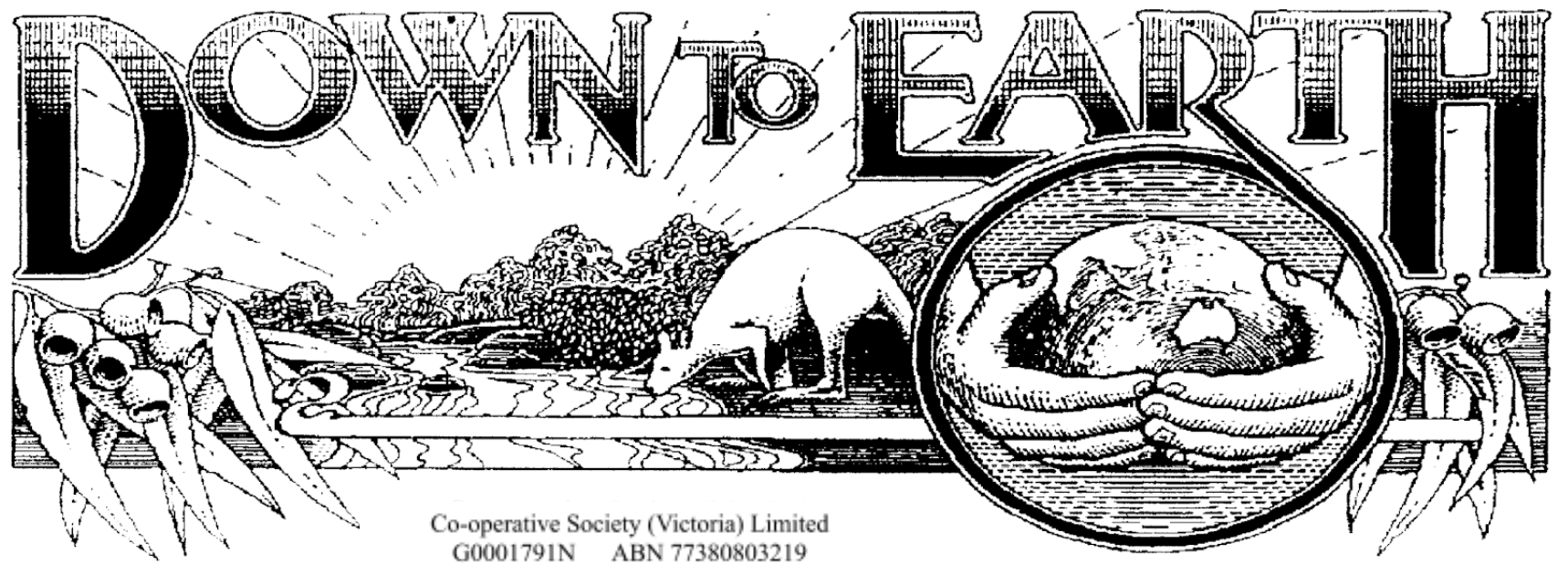Does this mean a General Meeting resoluon will now be decided by both a moon at the General Meeting and an electronic Postal Ballot?
No, a General Meeting resolution can only be resolved by one method not a combinaon of both.
What about DTE rules that allow motions to be amended and require voting members to be present in the room of a General Meetings to demonstrate ‘a show of hands’, etc?
These rules apply only to motions decided by General Meeting. These rules do not apply to postal ballots. This means a proposition presented to members by postal ballot must be well written and worded unambiguously otherwise members may fail to support it.
What about a Poll at General Meetings?
A poll is different from a postal ballot. A poll applies to how a vote is recorded within a General Meeting only. When we call out an active member’s name during a vote in a General Meeng to record how they vote on a matter, this is called a poll. We already conduct polls routinely in General Meetings.
If General Meeting resolutions are now decided by postal ballot how do members discuss propositions?
Similar to last year’s director election forum we encourage members to discuss important propositions using web conferencing, email and other online forums before they cast their vote in a postal ballot.
Does this mean we will no longer have General Meetings?
General Meetings such as the Annual General Meeting and Special General Meetings are still required to transact the following ordinary business:
| General Meeting Type |
Annual General Meeting |
Special General Meeting |
| Ordinary Business |
(a) to read the minutes of the last Annual General meeting;
(b) to confirm minutes of the last preceding general meeting (whether annual or special);
(c) to receive from the Board, the Organising Committee of the Board, auditors, or any officers of the Co-operative reports upon the transactions of the Co-operative during the financial year, including the audited financial accounts and other financial reports as requested, and the state of affairs at the end of that year;
(d) to elect Directors as per Rule 41.
|
(a) to confirm minutes of the last preceding general meeting (whether annual or special);
(b) At each Special General Meeting the following reports are to be tabled:
(i) Financial reports on the transactions of the Co-operative during the period.
(ii) Directors reports either as a group or individually.
(iii) Organising Committee of the Board reports.
(iv) ConFest report.
(v) ConFab report.
(vi) Other committee/work group reports.
|
